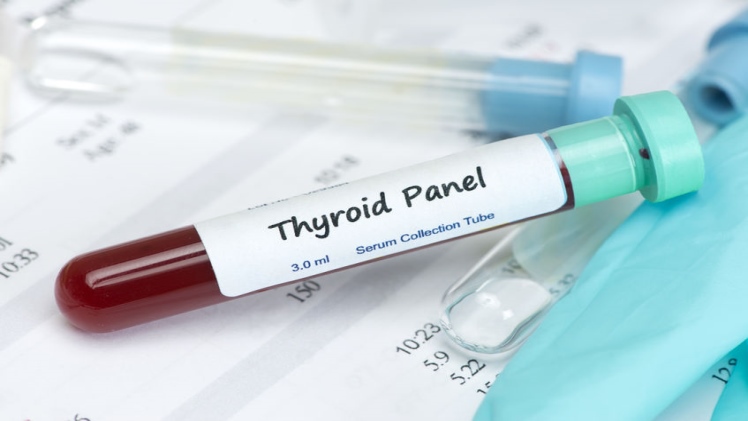The thyroid gland holds responsibility for metabolism, mood, and energy generation. Therefore, you may require lab testing if you develop any concerning symptoms because of the glands. TCS Occupational Health offers family and occupational medicine roseville, which includes lab testing for different concerns, including thyroid issues. Lab tests aim to discover your underlying health issue and make necessary adjustments to your treatment plan, depending on your diagnosis. You can learn about thyroid-related concerns and their testing in the following discussion.
Why Would You Need This Test?
The test involves blood work to measure the functionality of your thyroid glands. Since the thyroid regulates metabolism, mood, and energy production, you may experience symptoms if the gland fails to work well. Your symptoms may include depression, weight gain, and lack of energy, a condition known as hypothyroidism. On the other hand, if the gland produces excess hormones, you may have lost weight, high anxiety levels, and tremors, a condition known as hyperthyroidism.
What Happens During Testing?
Your doctor may ask you about current prescriptions and if you are pregnant because such conditions may affect your results. Your doctor will then begin by drawing blood from your arm. You will likely feel a prick during the puncturing, but it will disappear as soon as it comes. Your doctor will then take the collected blood to the lab for testing. You will likely experience minimal side effects like bruising on the insertion area. Severe effects like swelling may require quick medical attention.
What Results Can You Expect from the Procedure?
There may be two tests your doctor can perform to check for thyroid hormone levels. The tests are T3 and T4 tests. You can understand the results of your test from the discussion below.
T3 Test Results
Your doctor may recommend a T3 test to check for hyperthyroidism, hypopituitarism, and secondary hypothyroidism. You will likely have abnormally high levels of T3 if you are pregnant. However, high T3 levels in people who are not pregnant and have no liver disease may indicate thyroid diseases such as thyrotoxic periodic paralysis, toxic nodular goiter, and painless thyroiditis. Additionally, high T3 levels may mean high protein levels in your blood, but they may not mean serious thyroid complications like cancer. On the other hand, low T3 levels may mean starvation, hypothyroidism, and long-term illnesses.
T4 Test Results
Your doctor may recommend T4 testing if your former test shows abnormal results. Abnormally high T4 results may indicate thyroid problems like thyroiditis. Your results may be abnormally high because of thyroid replacement medications, germ cell tumors, and high protein levels in the blood. On the other hand, low results could mean an illness and hypothyroidism, among other conditions.
You can check out with TCS Occupational Health to get thyroid lab testing for any thyroid issues. You can also raise any questions and concerns about your health during your visit. Your doctor will use your results to determine the cause of your condition and recommend necessary medication. Visit the website to book an appointment online today.

